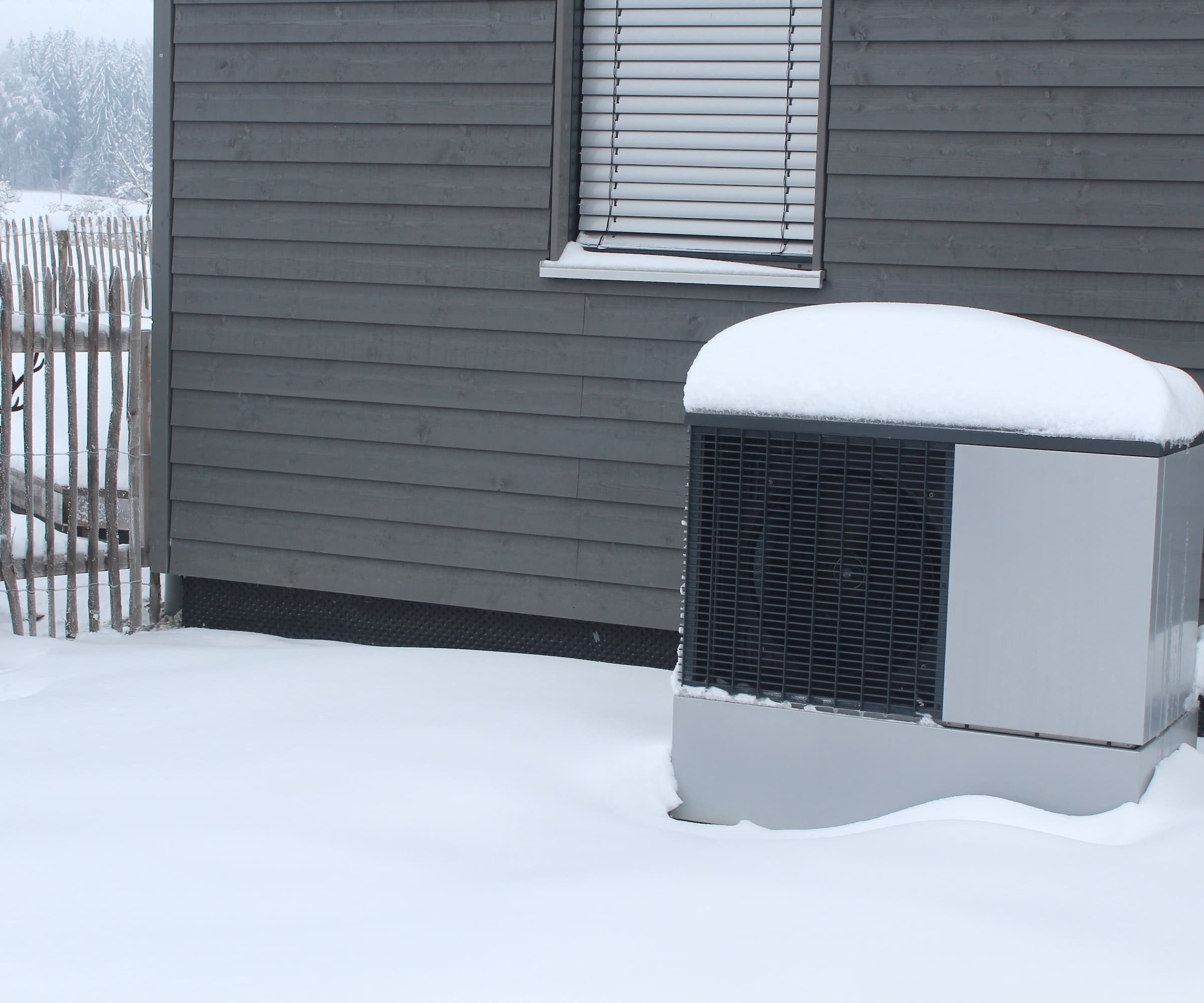Government invests £100k in ‘nudge unit’ to tackle heat pump myths
A contract has been awarded to the Behavioural Insights Team to help change perceptions around heat pumps

Bring your dream home to life with expert advice, how to guides and design inspiration. Sign up for our newsletter and get two free tickets to a Homebuilding & Renovating Show near you.
You are now subscribed
Your newsletter sign-up was successful
The UK government has awarded a £100,000 contract to the Behavioural Insights Team (BIT) to combat myths about heat pumps and encourage their adoption.
Heat pumps, although seeing record numbers of installations in 2024, face resistance from some homeowners due to misinformation about their cost, effectiveness and suitability for British homes.
We explore the role of BIT in dispelling myths, the misconceptions that have hindered uptake and how the government hopes this effort will make heat pumps a more appealing option for households.
A behavioral approach to encourage heat pump adoption
The government has hired the Behavioural Insights Team (BIT), a specialised "nudge unit," to counter misinformation about heat pumps and encourage their adoption.
BIT are owned by Nesta, a non-profit organisation, who provide expertise in behavioural science and innovation who's focuses include climate change, education and health.
As heat pumps are a cornerstone of the government's decarbonisation efforts. With a target of 600,000 installations per year by 2028, they are critical to achieving Britain’s net-zero emissions goal by 2050.
Toby Park, Head of Climate, Energy, and Sustainability at BIT, highlighted the importance of addressing public scepticism: “Heat pumps are a very efficient low-carbon system for keeping our homes warm, but negative perceptions remain a barrier to their widespread adoption.”
Bring your dream home to life with expert advice, how to guides and design inspiration. Sign up for our newsletter and get two free tickets to a Homebuilding & Renovating Show near you.
Battling common heat pump myths

Misinformation has led to widespread skepticism, with myths circulating in the media and among stakeholders.
Claims that heat pumps are noisy, ineffective in cold weather and unsuitable for older homes are among the most persistent. The BIT team found that individuals who claimed to know “a fair amount” about heat pumps were less likely to want one, while those with accurate knowledge were more receptive.
The government’s contract with BIT also points to misleading media narratives. For example, stories in outlets like the Daily Mail and Daily Telegraph often emphasise high costs and technical challenges.
According to Park: “Sometimes scepticism is due to real market challenges, such as affordability, but doesn’t take into account the whole picture, like the availability of grants (such as the Boiler Upgrade Scheme). In other cases, it can be due to myths, such as the claim that heat pumps don’t work well in cold weather.”
How will the 'nudge unit' aim to boost adoption?
BIT’s strategy includes a large-scale survey of public attitudes and a media analysis to identify the root causes of misinformation.
These insights will shape a campaign to correct false beliefs and emphasise financial incentives, like the government’s £7,500 grant for heat pump installation.
On average, heat pumps cost about £12,500 to install but offer significant efficiency advantages, converting one unit of electricity into 2.5–5 units of heat.
The initiative also addresses misinformation from political figures and interest groups. Nigel Farage of Reform UK has criticised heat pumps, while former Energy Minister Lord Callanan accused gas boiler manufacturers of spreading misinformation to protect their market share.
By clarifying misconceptions and promoting benefits, the government hopes to shift public perception. As Park noted: “We aim to create an environment where accurate information enables households to make informed decisions about adopting heat pumps, leading to meaningful progress toward our net-zero goals.”

News Editor Joseph has previously written for Today’s Media and Chambers & Partners, focusing on news for conveyancers and industry professionals. Joseph has just started his own self build project, building his own home on his family’s farm with planning permission for a timber frame, three-bedroom house in a one-acre field. The foundation work has already begun and he hopes to have the home built in the next year. Prior to this he renovated his family's home as well as doing several DIY projects, including installing a shower, building sheds, and livestock fences and shelters for the farm’s animals. Outside of homebuilding, Joseph loves rugby and has written for Rugby World, the world’s largest rugby magazine.
